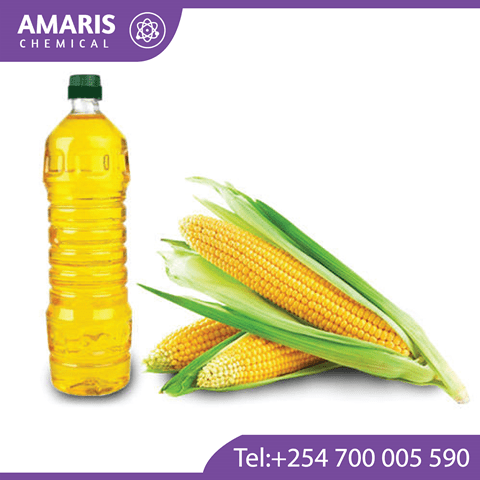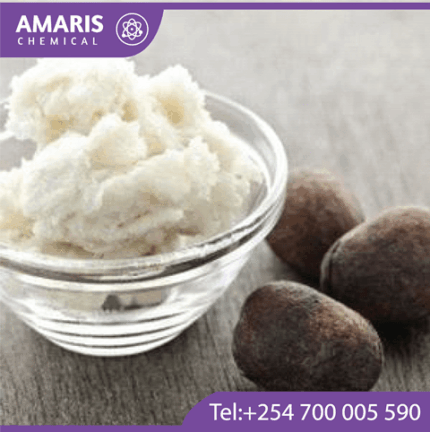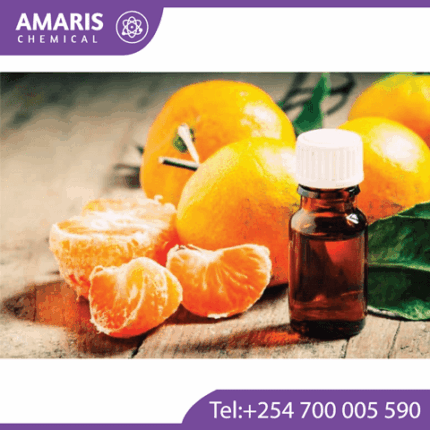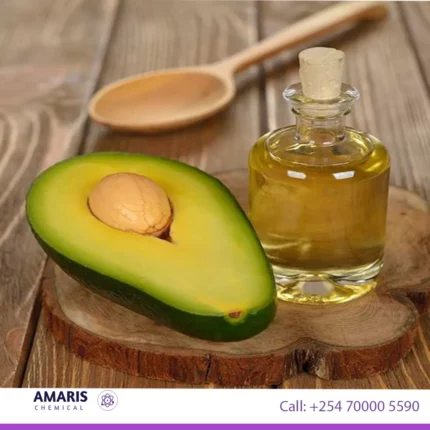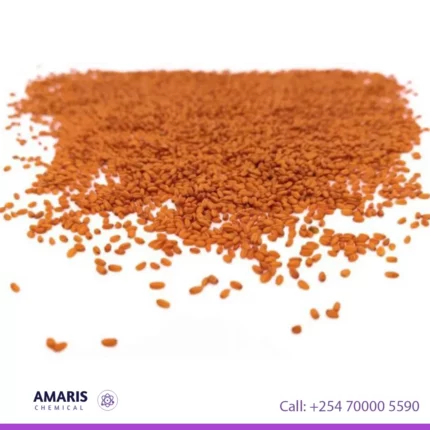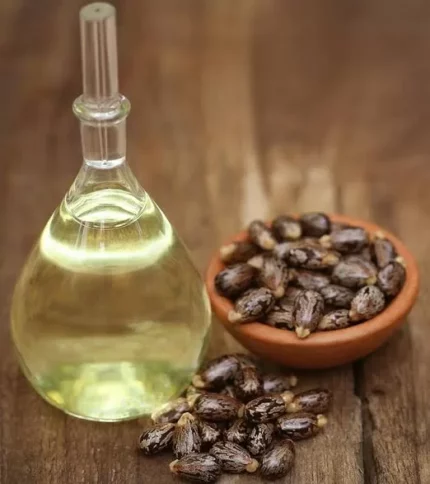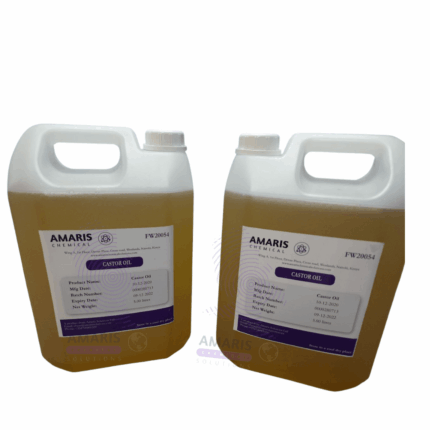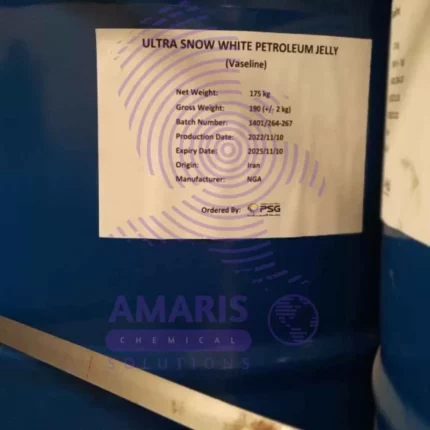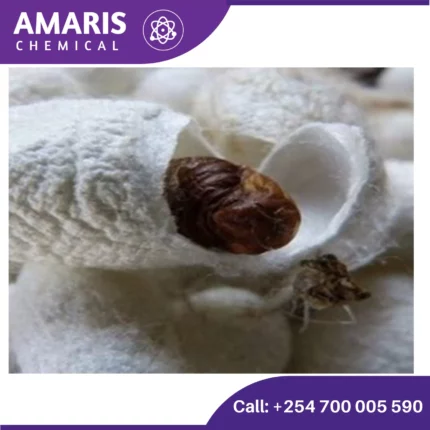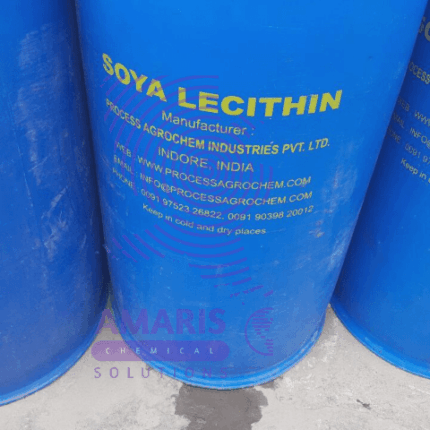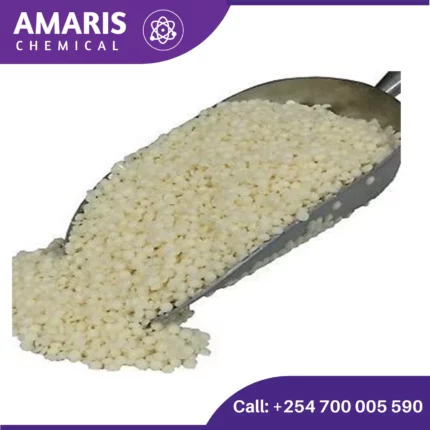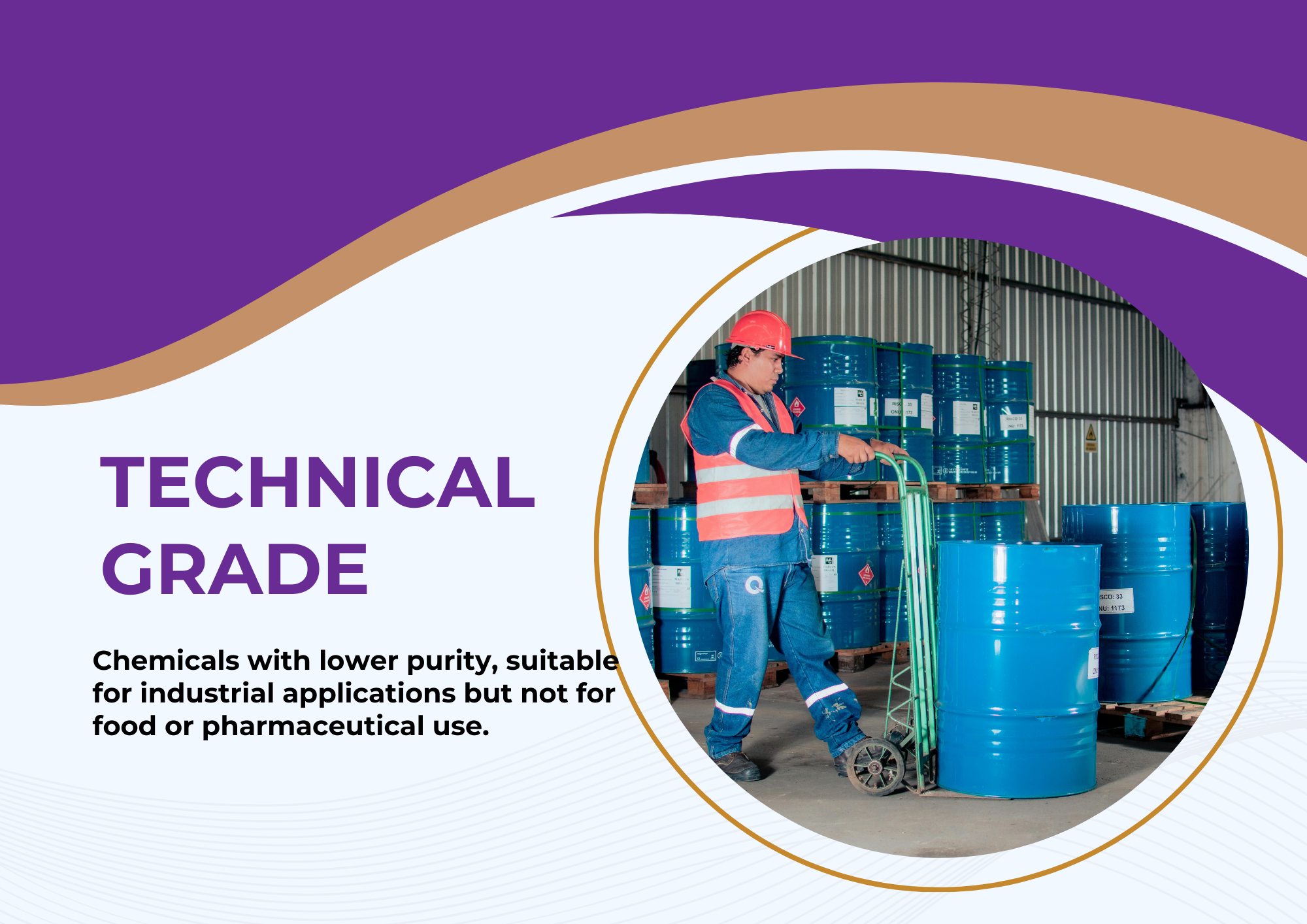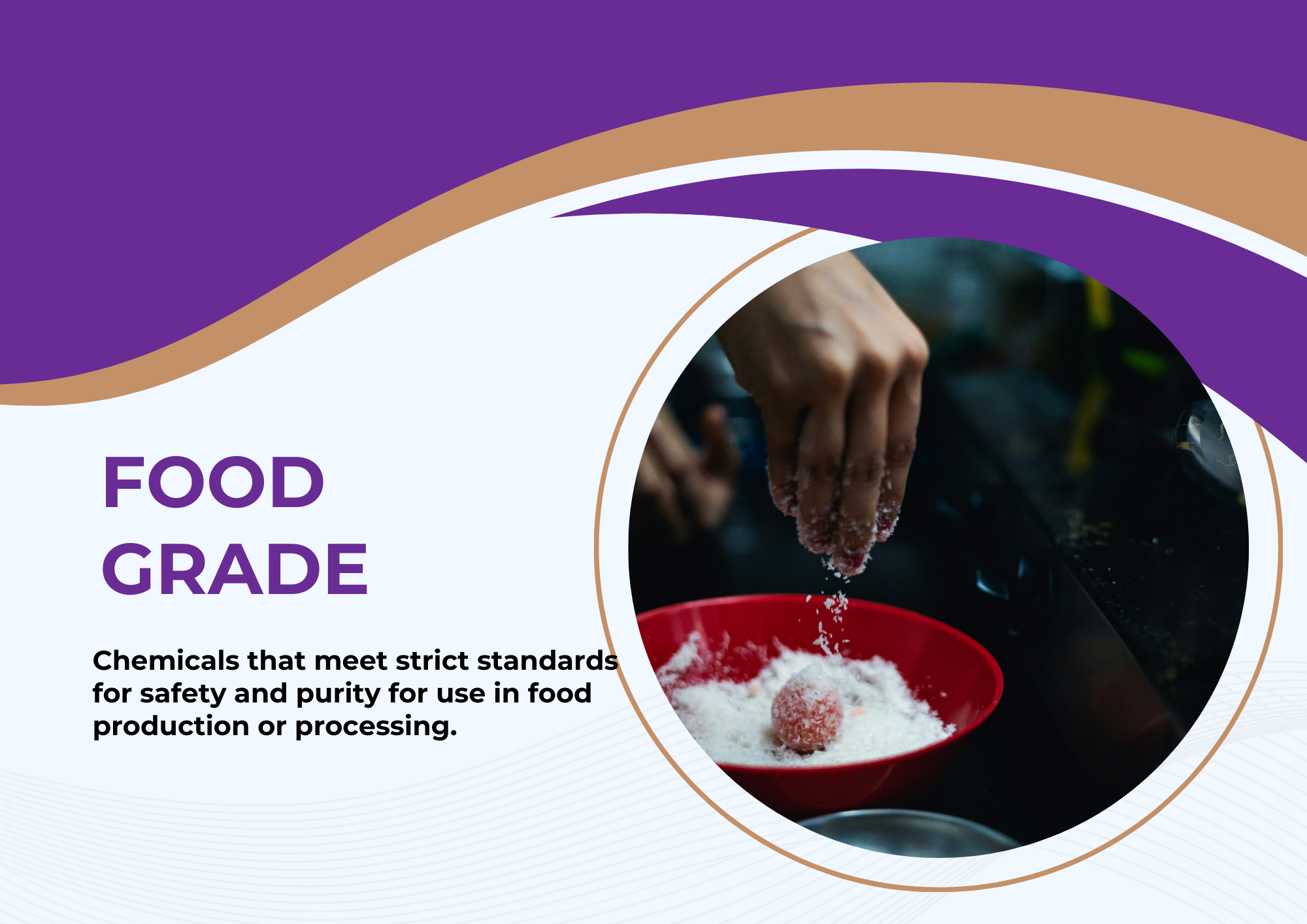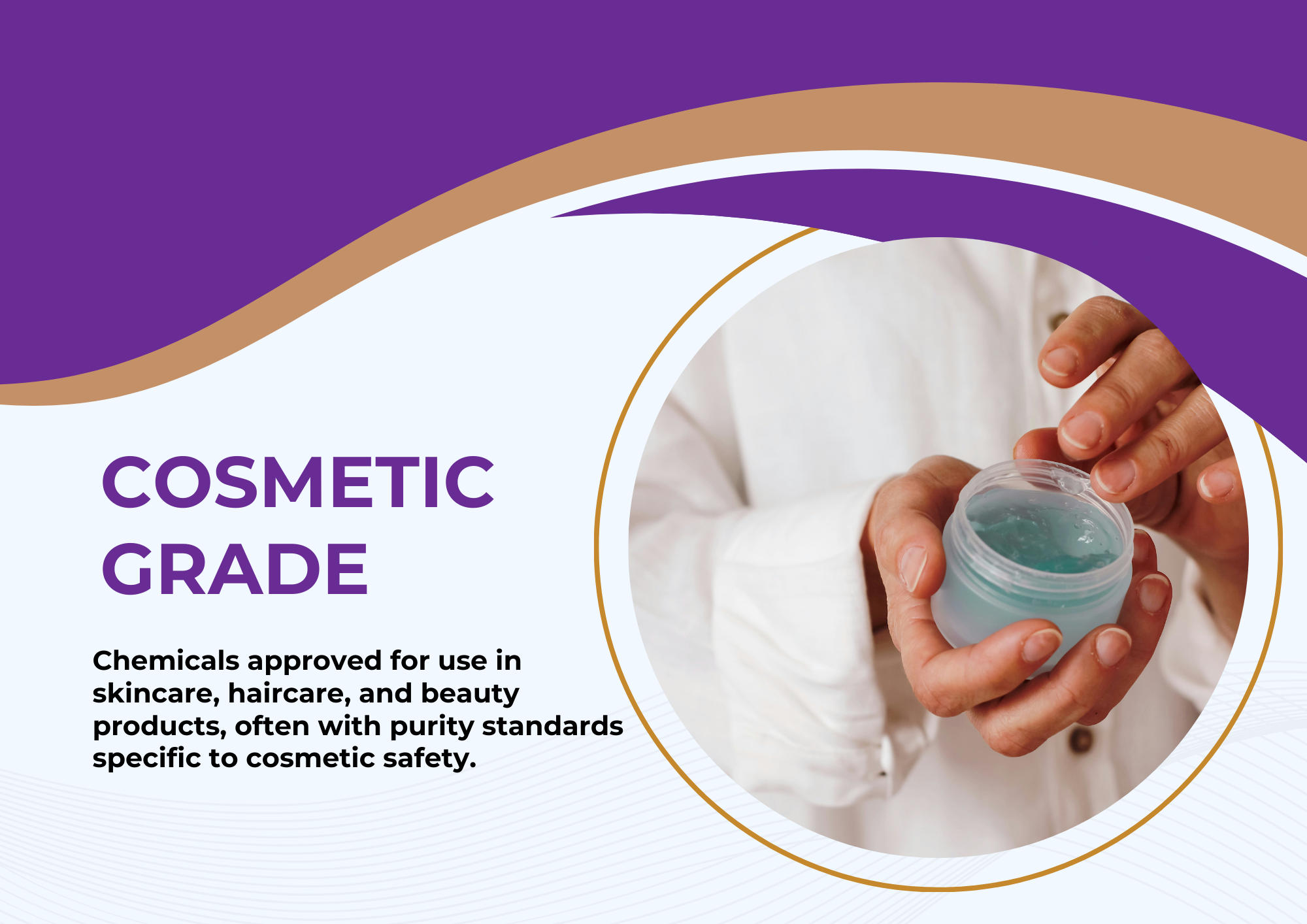Shipping & Delivery
Related products
Avocado wax
Avocado wax, also known as avocado oil wax or Persea Gratissima (Avocado) Oil, is a natural wax derived from the fruit of the avocado tree (Persea americana). It is obtained by cold-pressing the flesh of the avocado fruit and then further refining the extracted oil to obtain a solid, waxy substance.
Avocado wax has a high melting point and a rich, creamy texture, which makes it an excellent ingredient for various cosmetic and personal care products. It is often used as a natural alternative to petroleum-based waxes or synthetic emollients.
The wax contains a combination of fatty acids, such as oleic acid, palmitic acid, and linoleic acid, which contribute to its emollient and moisturizing properties. Avocado wax forms a protective barrier on the skin, helping to retain moisture and prevent moisture loss. It is known for its nourishing, softening, and smoothing effects on the skin and hair.
In summary, avocado wax is a natural wax derived from avocado fruit, prized for its moisturizing, emollient, and protective properties, making it a valuable ingredient in various cosmetic and personal care products.
Castor Oil Food Grade
Petroleum jelly 175kg
Petroleum jelly is a semi-solid mixture of hydrocarbons, usually derived from petroleum, that has a smooth and greasy texture. It is also known as petrolatum or Vaseline, which is a trademarked brand name. Petroleum jelly is commonly used as a moisturizer to soothe and protect dry, cracked, or irritated skin. It is also used in a variety of other applications, such as lubrication, waterproofing, and as a base for some cosmetics and pharmaceuticals.
Soya Lecithin
Soya lecithin is a natural substance derived from soybeans that is commonly used as an emulsifier, stabilizer, and dispersant in food products, pharmaceuticals, and other industrial applications. It is composed of a mixture of phospholipids, including phosphatidylcholine, phosphatidylethanolamine, and phosphatidylinositol, which have unique properties that make them useful in a wide range of applications. Soya lecithin is typically extracted from soybean oil and is often added to foods as an ingredient to improve texture, increase shelf life, or facilitate the mixing of ingredients that would otherwise not blend together.
Soya wax
Soy wax is a natural alternative to traditional paraffin wax, made from soybeans. It's becoming increasingly popular in candle making due to its renewable and biodegradable nature. Soy wax burns cleaner and slower than paraffin wax, emitting less soot and lasting longer. It's also non-toxic, making it a healthier option for both the environment and indoor air quality. Many people appreciate soy wax candles for their eco-friendliness and the fact that they support agricultural sustainability. Additionally, soy wax can hold fragrance oils well, providing a pleasant scent experience.
Stearic Acid (Triple Pressed) 25kg
Stearic acid is a saturated fatty acid with the chemical formula C18H36O2. It is a solid, waxy substance that is odorless and tasteless. Stearic acid is commonly found in natural fats and oils, such as animal fats (beef, pork, and chicken) and vegetable oils (such as coconut oil, palm oil, and shea butter).
Stearic acid is widely used in various industries and applications. In the food industry, it serves as a food additive and is commonly used as a thickener, emulsifier, and stabilizer. It can be found in a variety of food products, including baked goods, confectionery, margarine, and chocolate.
Outside of the food industry, stearic acid has many applications. It is used in the production of candles, cosmetics, soaps, detergents, and lubricants. It is also utilized as a coating for pills and tablets in the pharmaceutical industry.
From a chemical perspective, stearic acid belongs to the class of fatty acids, which are long-chain carboxylic acids. It is called a saturated fatty acid because its carbon chain is fully saturated with hydrogen atoms, meaning it does not contain any carbon-carbon double bonds. This saturation gives stearic acid its solid form at room temperature and makes it less prone to rancidity compared to unsaturated fats.
Overall, stearic acid is a versatile compound with various industrial applications, primarily as a thickener, emulsifier, stabilizer, and lubricant.

